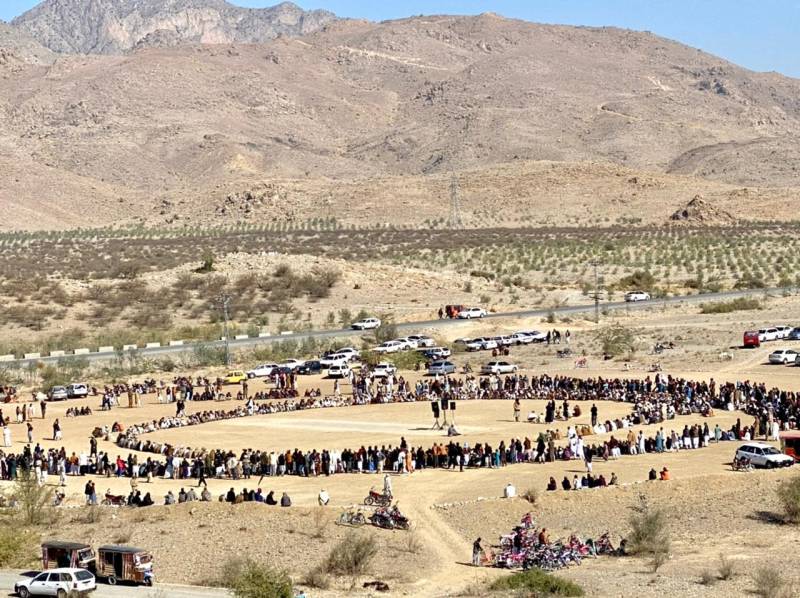
In February this year, we called a peace jirga of the Utmanzai tribes of North Waziristan to discuss the security situation in the newly merged districts of Khyber Pakhtunkhwa (former FATA). The context for this jirga was set by the killing of a Pakhtun youth, Ziaur Rehman. Participants of the jirga condemned Rehman’s killing and called for an impartial investigation into the incident and bring the perpetrators of this act to justice.
This jirga is an example of the many voices pointing out the failure of the existing security framework in bringing lasting peace to the tribal areas despite many military operations. As an elected representative of the people North Waziristan, I have spoken several times about resurgence of terrorist militants on the floor of the National Assembly. Besides this, over the course of several months, in many public statements I have spoken about how these militant groups are targeting people of the tribal districts with impunity.
Recall the recent horrific murders of four women social workers in the town of Mir Ali, North Waziristan, at the hands of the Taliban, as well as the random targeted attacks regularly occurring in the area. There is no denying the upsurge in militant violence, yet there is no public discussion about the urgency and importance of this issue, and how it affects the larger security situation of the country.
The government should consider letting the civil administration and police department play a bigger role in securing the tribal areas
Apart from the uptick in violence due to the resurgence of Taliban militants, there is a suspicious rise in cases of land disputes between the tribes. When FATA was merged with Khyber Pakhtunkhwa, the law of the land was extended to the tribal districts, yet there is no implementation of the spirit of the law. Currently, there is no land commission or any framework or mechanism for resolution of land disputes. As there is no writ of the government in tribal districts, or strong civil institutions to mitigate such disputes, clashes often turn bloody and a vicious cycle of violence is contaminating the restive tribal districts of Khyber Pakhtunkhwa.
Here, I must mention the unchecked use of weapons in these clashes. We were told that huge caches of weapons were seized in security operations, yet the tribal districts remain heavily militarized and armed. There is no discussion on where these weapons are coming from and who is supplying them.
A state of lawlessness persists in the newly merged districts of KP, and although there is a huge presence of the military, the Levies and police in the area, residents of tribal districts continue to live in a state of fear. Cases of extrajudicial killings are also reported frequently and there is no accountability for the personnel allegedly involved in these gruesome acts.
The government must seriously consider handing over much of the security of the tribal districts to the civil administration and the police department. An additional police force is desperately needed to address the security concerns of citizens living in this area along the model of the Swat police force which was very effective in ensuring peace after military operations ended there. Recall that in Swat, a huge number of police personnel was recruited from the affected area to ensure lasting peace in the valley. The need for such a community police force was felt because people had greater trust and familiarity with the recruits who understood sensitivities of the locals while performing their duties. This model must be replicated for the tribal districts of Khyber Pakhtunkhwa which are struggling to regain some semblance of peace and normalcy.
There is a pervasive fear that vicious cycles of violence will intensify in the future as many believe some of the policies that led to the war on terror have not entirely been abandoned, and that the use of proxies continues to be a viable strategic option as a new phase of the Afghan peace process unfolds. Such policies have been tried before and they proved to be disastrous for the people of Pakistan. It has long been our view that a truth and reconciliation is needed to investigate our policy failures. It is only by investigating and acknowledging the mistakes of the past can we move forward with course correction.
The writer is a member of parliament.

